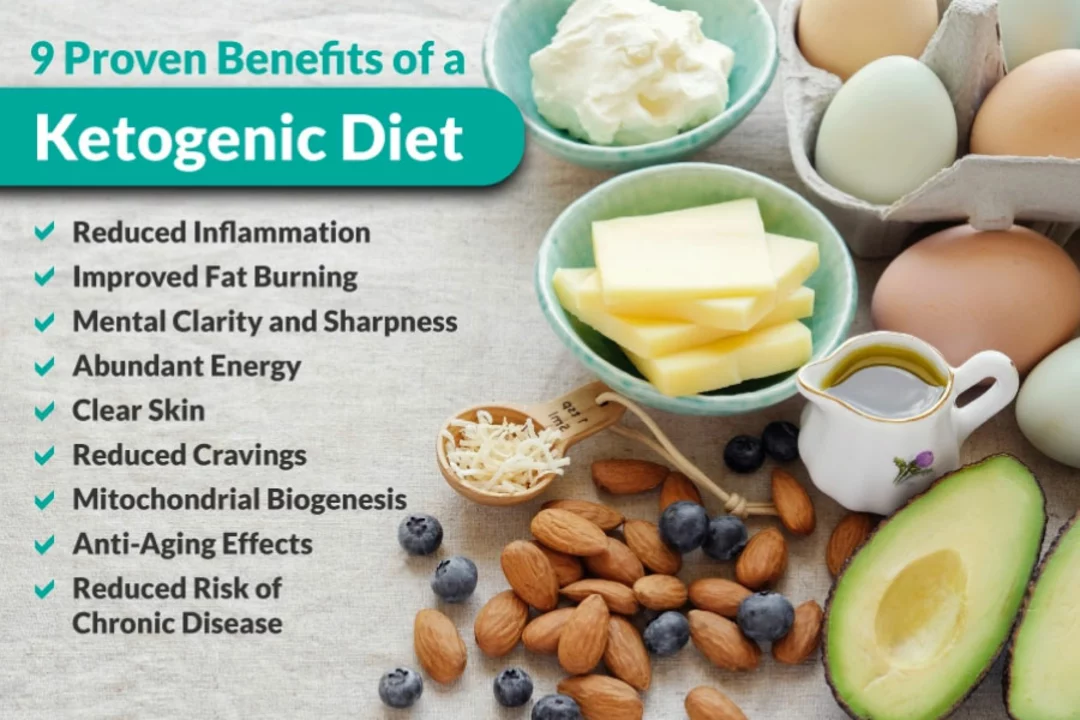Dietary supplement: what to know before you buy or take one
Want to try a dietary supplement but not sure where to start? You’re not alone. Supplements can help fill nutrition gaps, support immune health, or offer targeted benefits like better sleep or gut support—but they can also be useless or risky if chosen poorly. Below I’ll give short, practical tips that help you choose safe, effective products and use them without causing trouble.
How to pick a good supplement
First, match the supplement to a real need. If you feel tired or suspect a deficiency, get basic labs or ask your doctor. Don’t start random vitamins because an ad promised energy. Once you know what you need, check the label: look for the active ingredient and dose, plus the form (for example, magnesium citrate vs. magnesium oxide). Higher dose doesn’t always mean better—follow evidence-based recommendations.
Next, choose brands with third-party testing. Look for seals from organizations like USP, NSF, or ConsumerLab. Those seals don’t guarantee miracle results, but they reduce the chance of contamination, wrong doses, or fake ingredients. When an ingredient seems exotic or a company makes huge claims (“cures” or “instant results”), treat it as a red flag.
Use supplements safely
Think about interactions. Supplements can interact with prescription meds, blood thinners, or even common painkillers. For instance, St. John’s wort can make some drugs less effective, and high-dose vitamin K interferes with warfarin. Tell your pharmacist or doctor about every supplement you take—yes, even the herbal teas.
Start low and monitor. If you try something new, use the lowest effective dose and give it a few weeks. Watch for side effects like stomach upset, headaches, rashes, or changes in sleep. Stop and consult a clinician if something feels off.
Quality over quantity: don’t overload on multiple products that contain the same nutrient. It’s easy to double up on vitamin D or iron when using multivitamins plus single-nutrient pills. Excess can be harmful—iron and vitamin A, for example, can damage the body in high amounts.
Storage and authenticity matter. Keep supplements in a cool, dry place and check expiry dates. If a product smells odd, looks discolored, or the label is fuzzy and unprofessional, don’t use it. Buy from reputable sellers; avoid suspiciously cheap international sites unless they provide clear testing info and a reliable return policy.
Want deeper reading? Check our posts on specific supplements and trends: "Top Lentinan‑Rich Medicinal Mushrooms" for mushroom extracts, "Iron, Folic Acid, and Zinc" for immune and blood support, and "Transform Your Health with the Potent Power of Wild Thyme Supplements" for herbal options. Each article gives practical tips, evidence highlights, and safety notes.
If you’re unsure, ask a healthcare pro. A short chat with a doctor, dietitian, or pharmacist can save you money and prevent harm. Supplements can help, but the best approach mixes smart choices, basic testing, and common-sense safety.
The Science Behind Solomon's Seal: What Makes This Dietary Supplement So Effective
Solomon's Seal is more than just a beautiful plant; it's a powerhouse of health benefits. Used for centuries in traditional medicine, this herb croons a tune of joint support, inflammation reduction, and respiratory health improvement. A notable component, allantoin, takes center stage in accelerating the body's healing processes. With its diverse applications, Solomon's Seal proves a versatile ally for those seeking natural health remedies.
16
Jul
2023
Pumpkin Dietary Supplement: The Game-Changer Your Health Needs Now
In my latest blog post, I explore the incredible health benefits of pumpkin dietary supplements. These game-changers are packed with essential vitamins and nutrients that can significantly boost your health. They play a pivotal role in promoting heart health, enhancing vision, and aiding in weight loss. Plus, they're a natural way to boost your immune system. So, if you're looking for a simple way to enhance your health, give pumpkin dietary supplements a try.
6
Jul
2023
Sweet Annie: A Comprehensive Guide to This Remarkable Dietary Supplement
In my latest blog post, I delve into the world of dietary supplements, focusing on the remarkable Sweet Annie. This comprehensive guide covers everything you need to know about this beneficial herb, including its origins, health benefits, and how to incorporate it into your daily regimen. The post also addresses potential side effects and precautions to consider. Whether you're a health enthusiast or someone looking for natural supplements, this guide to Sweet Annie is a must-read. Trust me, you might just find your new health ally in this green gem!
Discover the Amazing Health Benefits of Cassava as a Dietary Supplement
Cassava, a root vegetable, has been gaining popularity as a dietary supplement due to its numerous health benefits. It's a great source of essential nutrients like vitamins, minerals, and fiber, which contribute to overall health and well-being. As I have discovered, incorporating cassava into my diet has improved my digestive health and provided me with sustained energy throughout the day. Additionally, it's gluten-free, making it an excellent option for those with gluten sensitivities. I highly recommend trying cassava as a dietary supplement, as it can truly benefit your health in various ways.
The Brooklime Phenomenon: How this Dietary Supplement is Changing Lives
I recently came across the Brooklime phenomenon and I just had to share it with you all! This dietary supplement has been making waves thanks to its incredible health benefits. People are experiencing increased energy levels, better digestion, and even improved skin health. I can't believe how much this simple plant-based supplement is changing lives for the better. Make sure to keep an eye out for my upcoming blog post diving deeper into the amazing world of Brooklime!
© 2026. All rights reserved.



